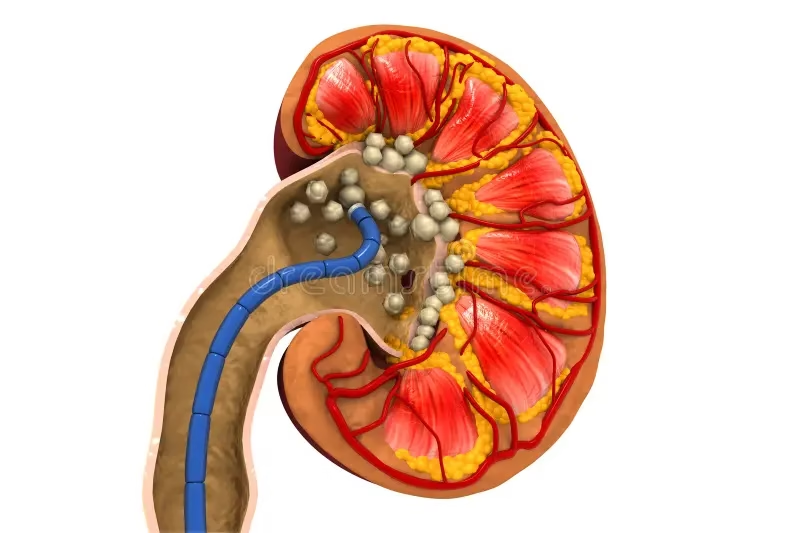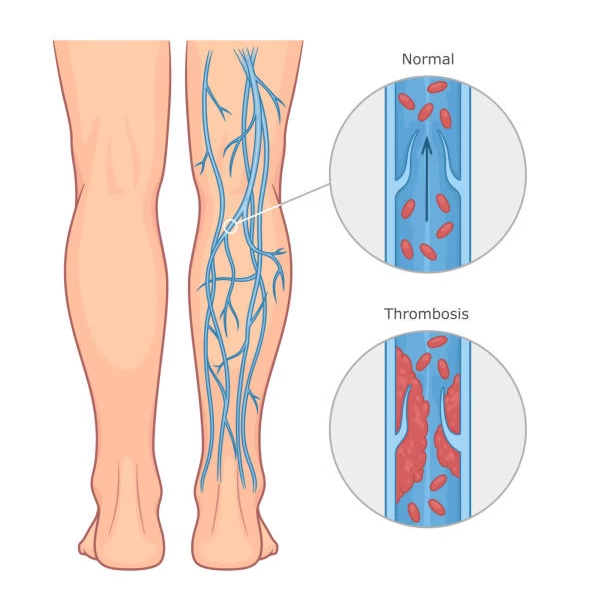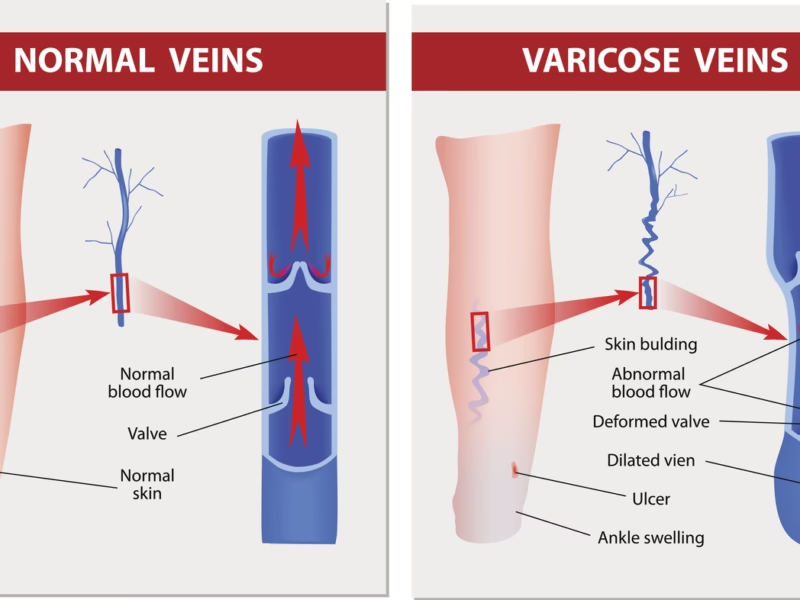Kidney stones — medically known as nephrolithiasis or urolithiasis — are more than just painful. They’re a sign that something in your body’s filtration system isn’t working as it should. And if you’ve had them once, you’re at a high risk of getting them again.
In this post, we’ll break down the etiology of kidney stones, their types, symptoms, and what you can do to treat and prevent them from recurring.
What Are Kidney Stones?
Kidney stones are hard, crystalline mineral deposits that form in the kidneys when urine becomes too concentrated. This allows minerals and salts to stick together and solidify.
Depending on the kinds of kidney stones, they may pass on their own or require medical intervention.
Symptoms of Nephrolithiasis
- Sharp, stabbing pain in the side or back (often radiating to the lower abdomen)
- Pain during urination
- Pink, red, or brown urine
- Frequent urination
- Nausea or vomiting
- Cloudy or foul-smelling urine
Men are more likely to experience kidney stones in men due to certain anatomical and dietary differences.
Etiology of Kidney Stones: Why Do They Form?
Several factors contribute to nephrolithiasis, including:
- Dehydration (not drinking enough water)
- High intake of sodium, oxalates, or protein
- Certain medications or supplements
- Genetics and family history
- Medical conditions like obesity, gout, or inflammatory bowel disease
Chronic kidney stone sufferers often have underlying metabolic disorders.
Types of Kidney Stones
There are four main kinds of kidney stones:
-
Calcium Stones
The most common type. Usually formed from calcium oxalate or calcium phosphate.
Tip: Eat calcium-rich foods but avoid high-oxalate foods like spinach and nuts.
-
Uric Acid Stones
Formed when urine is too acidic. Common in people with high-protein diets.
-
Struvite Stones
Linked to urinary tract infections (UTIs) and grow rapidly.
-
Cystine Stones
Rare and hereditary. Caused by a genetic disorder that leads to excessive cystine in urine.
Identifying the type helps tailor your urolithiasis treatment and prevention strategy.
Diagnosis and Treatment
To confirm nephrolithiasis, doctors may recommend:
- Urinalysis
- Blood tests
- CT scan or X-ray
- Stone analysis (if passed)
Treatment Options:
For Small Stones:
- Increase fluid intake
- Pain relievers (NSAIDs)
- Alpha blockers to relax the ureter and aid passage
For Large or Multiple Kidney Stones:
- Shock Wave Lithotripsy (SWL)
- Ureteroscopy
- Percutaneous Nephrolithotomy
- Surgery (rare cases)
If you’re dealing with chronic or recurring kidney stones, consistent monitoring is key.
Natural Prevention: How to Avoid Chronic Kidney Stones
Here are some practical tips to lower your risk:
-
Hydrate Regularly
Drink at least 2-3 liters of water daily. Add lemon or citrus fruits for natural citrate.
-
Eat Smart
- Limit oxalate-rich foods (spinach, beets, chocolate)
- Reduce sodium
- Moderate protein intake
- Don’t over-supplement calcium
-
Monitor Your Health
Keep track of your urinary pH, especially if you’ve had calcium kidney stones or uric acid stones.
-
Follow-Up
Frequent episodes of multiple kidney stones require regular follow-ups with a urologist or nephrologist.
Final Thoughts
Nephrolithiasis may be common, but it doesn’t have to be a recurring nightmare. With early diagnosis, proper urolithiasis treatment, and lifestyle adjustments, you can significantly lower your risk.
Whether it’s a cure for kidney stones you’re after or a way to avoid the next painful episode, knowledge is your best defense. Stay hydrated, eat mindfully, and listen to your body.


